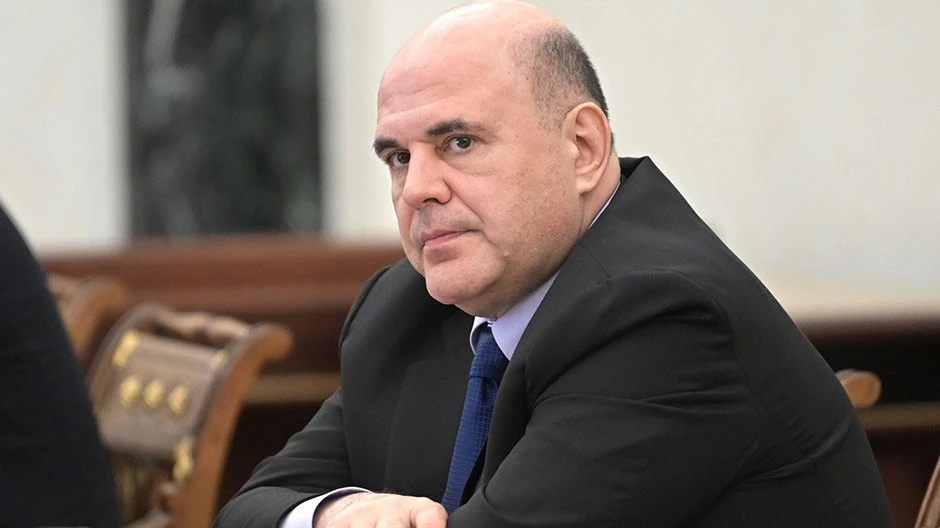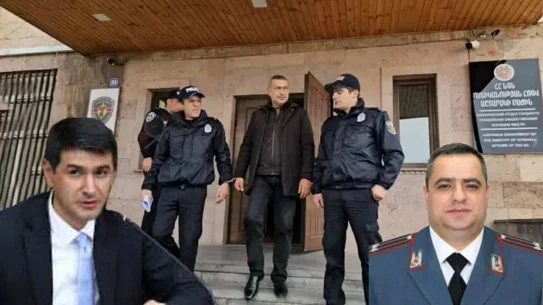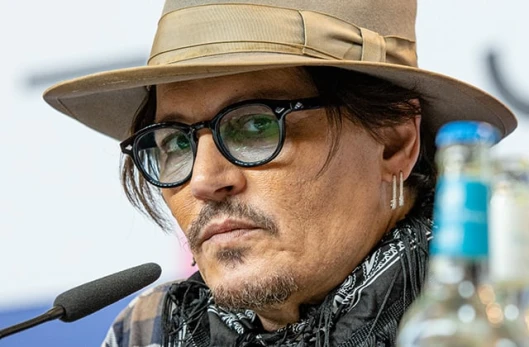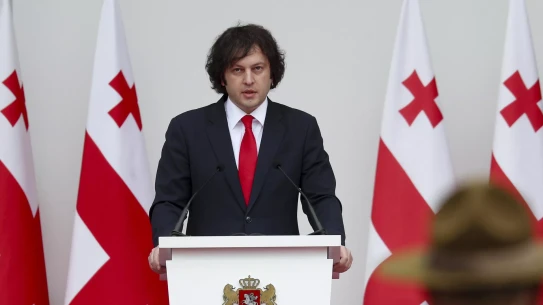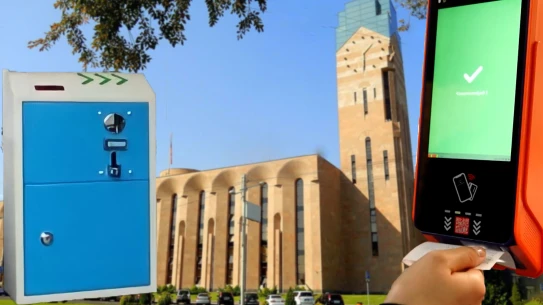In an interview with "Rossiyskaya Gazeta", the Prime Minister of Russia, Mikhail Mishustin, referred to food security in the countries of the Eurasian Economic Union (EEU), the mechanisms aimed at preventing food shortages, and informed about the discussions on the collective food security agreement. Mishustin noted that the level of self-sufficiency in food products in EAEU countries is 93%. The level of self-sufficiency in basic food products is now about 93%. We fully satisfy the domestic demand for grain, vegetable oil, pork, poultry, sugar, milk and eggs," said Mishustin.
The Russian Prime Minister noted that it was possible to achieve such results due to complementarity between the Union countries and "coordinated actions at all levels". In addition, according to him, the EAEU plans to develop mechanisms that will help prevent food shortages in the member countries.
"Three years ago, we realized the expediency of agreeing indicative balances of supply and demand for grain, barley, corn, sunflower, sugar, sunflower oil, which allows us to avoid their shortage for citizens, to coordinate positions in terms of exports outside the borders of the Union. Using this experience, we plan to create other long-term mechanisms that will help effectively and, most importantly, promptly smooth out possible imbalances in the markets of EAEU countries," said Mikhail Mishustin. At the same time, the Russian Prime Minister added that the EAEU countries are discussing the conclusion of a collective food security agreement.
"The initiative to conclude a separate international agreement on collective food security is being discussed. It should include not only the supply of final products, but also allow us to jointly develop the stock of breeding and seeds of our countries," Mishustin said. He pointed out that this initiative is necessary to further strengthen the agro-industrial complex of the Union and provide citizens with quality food. EAEU includes Armenia, Russia, Belarus, Kazakhstan and Kyrgyzstan.

















